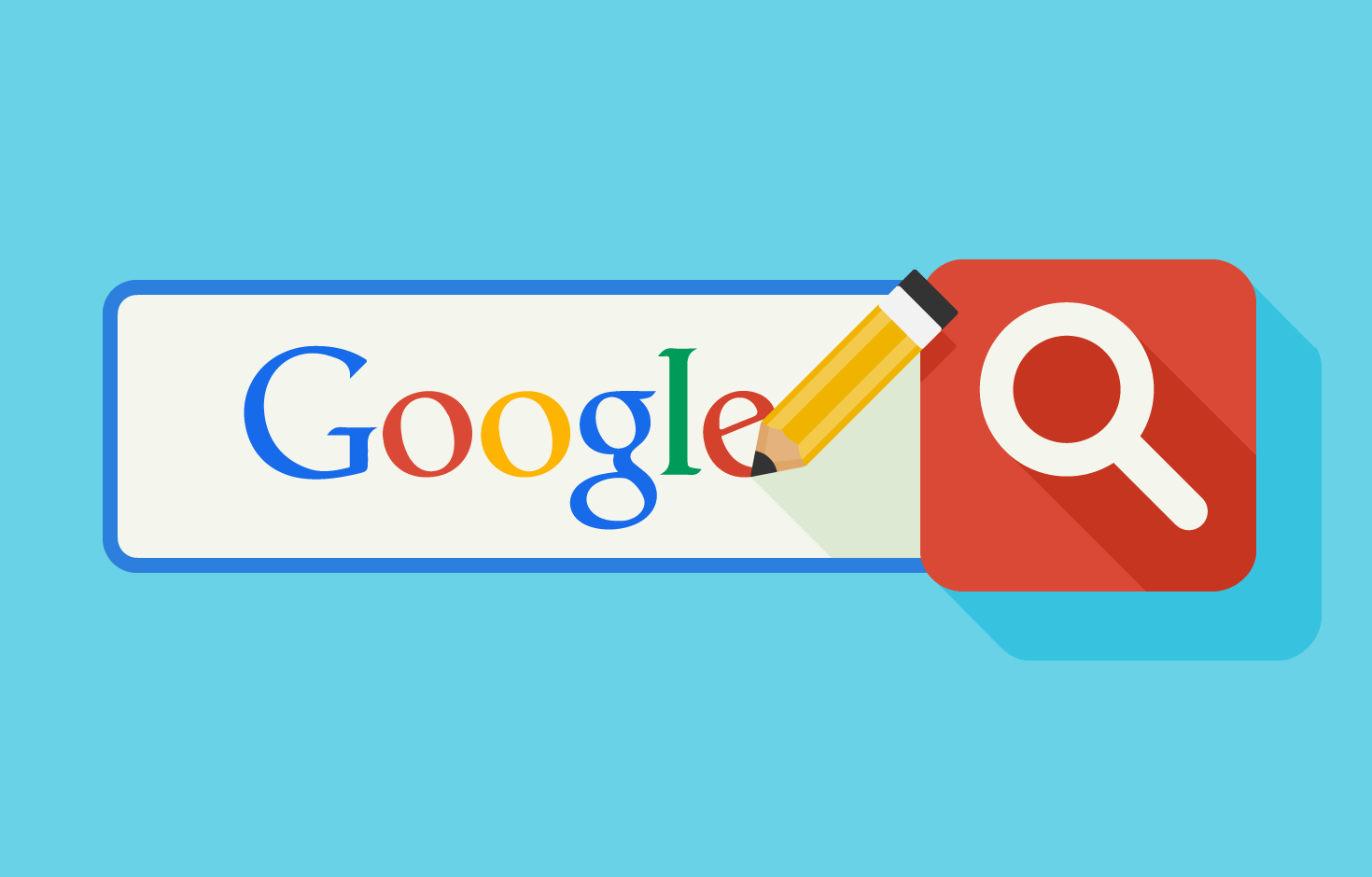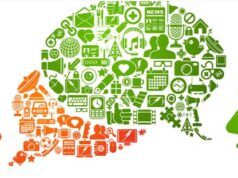
On-Page SEO
Some people feel SEO means “Something Extremely Obscure.” Well, that is not true. SEO simply means Search Engine Optimization. It is a certain technique which enables your web pages to rank high as possible various on SERPs (search engine result pages) like Google/ Yahoo/Bing/ etc. SEO is split up into two sections: On-Page SEO and Off-Page SEO.
On-Page SEO refers to acts that you perform on your website so that it ranks higher like headline page titles, Meta tags, descriptions & internal linking, etc. Off-Page SEO refers to things that you do on your website so that it ranks higher like article submission, blog marketing social networking, & forum, etc.
Remember, one rule of thumb is tried-and-tested in website SEO success which is optimizing your website with targeted and relevant keywords. We look at specifically at most effective On-Page SEO ways that increase your webpage rankings on various search engines.
Usage of Exact Match Keyword
1. Page Titles
Titles are used to describe a particular web page topic, and it is recommended to utilize primary keyword phrase to be near the start of page’s title. For example, a blog post about a new chocolate cake recipe the title could be “ Chocolate Cake Recipe for kids”, or “Easy Chocolate Cake Recipe” etc. Your post will stand a better chance of showing up because of the included keywords. Positioning the keywords toward the front lowers the risk of not being detected by SERPs as it enhances visibility.
2. Meta Descriptions
The majority of webpages ranking among Google’s top 10 don’t even have Meta descriptions. Over 50% of all Meta descriptions SERPs segment do not contain a target keyword in them. In fact, the correlation with Google ranking is nearly 0. Therefore, I do not believe that using the keyword in your Meta description can improve your page rankings.
3. URL Structure
Amongst all “keyword-related” on page SEO factors studied this is the only one that exhibited a negative correlation. If the page contents are inaccurately unclear, it is a good idea to include keywords in the URL. However, be aware that Search engines usually penalize exact domains that are keyword stuffed as John Mueller, Webmaster Trends Analyst at Google advice.
6. Keyword in Headline (H1 tag)
Based on a sample nearly 85% of pages that rank in Google top10 usually don’t possess keyword in their H1 tags. Sadly due to improper use of H1 tags in web pages layout most web developers are unfamiliar SEO basics.
7. Keyword in Subheading (H2 tag)
Also, 93% of pages that rank in Google top 10 don’t possess a target keyword in their H2 tag.
8. Keyword in Content
Using your primary and relevant secondary keyword phrase(s) in a page content is important. It is wise it to not just include raw keyword use or repetition. Search engines are certainly using much-advanced topic modeling algorithms to examine relevance and quality.
9. Keyword in the first 100 words
About 80% all top 10 results included at least one keyword occurrence in the first 100 words of the SERPs. It is, therefore, wise that your keywords ought to appear in the first 100-150 words of your web article.
10. Keyword in image “alt” tag
A vast majority of pages that rank among Google top 10 don’t possess target keyword in their “alt” images tags. Both alt text and titles can be included in an HTML image tag where naturally keywords could be entered.
General on Page SEO factors
1. Age of the page
This is one on page SEO factor that the best correlation with Google rankings compared to others.
2. Using HTTPS
Although nearly 80% of pages that rank at the top in Google usually are not secure, it is clearly seen that secured pages percentage that rank in 1–3 positions are highly visible higher compared to 4–10 positions.
3. Page load time
The correlation of page speed on page factor with higher positions in Google has been found to be very minimal since it is rumored that Google might have stopped taking it into account. It is said that 49% of the visitors will leave a product page if it fails to load within three seconds.
4. Length of content
It is said that great Content is a Long-Form Content. The median value for long form content is 800 words as opposed to 1500 words that many people believe. After Age of the page, this on-page SEO factor has been shown to have the second best correlation.
5. URL Length
When studying this part of a URL, we normally begin where the domain name ends. For instance, we might consider this two URL: domain.com/short-url and domain.com/this-url-is-a-bit-longer-than-the-last-one. Previous experiment results of correlation have shown that shorter URLs tend to rank better than longer ones. So, in the example, the first one will rank better compared to the second one.
6. Linking out to authority sites
Experiments results have proved that there exists a small positive page correlation between Google ranking and outbound links that help it to rank better.
7. Broken links
Only 2% of pages that rank among Google top 10 have broken links which might make people presume that Google punishes broken links.
8. Social Shares
Social share on major social networks usually influences Google ranking since it established to have a very small positive correlation. The quality and amount of social media signals have been established to exhibit a page’s relevance and authority. Adding social sharing sites such as Facebook, Google+, Twitter, LinkedIn, Instagram, and Pinterest to product pages enables prospected and happy clients, and customers share crucial information.














